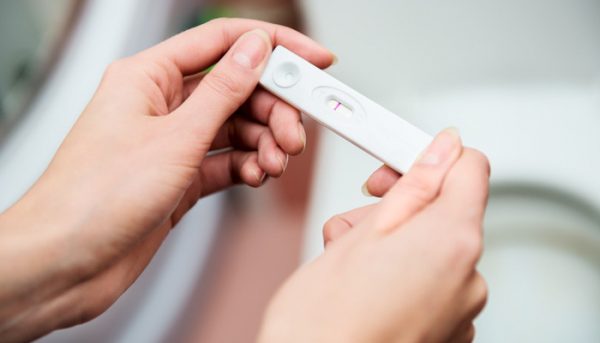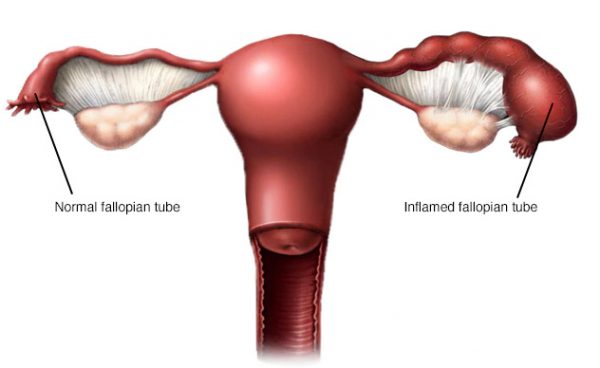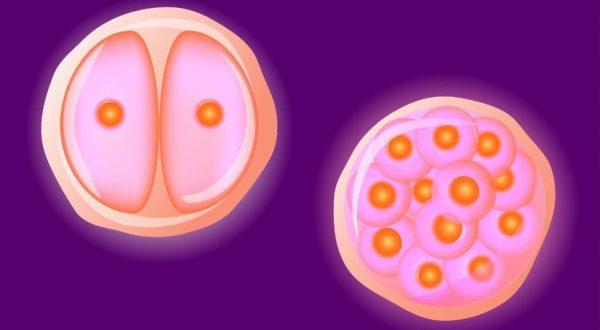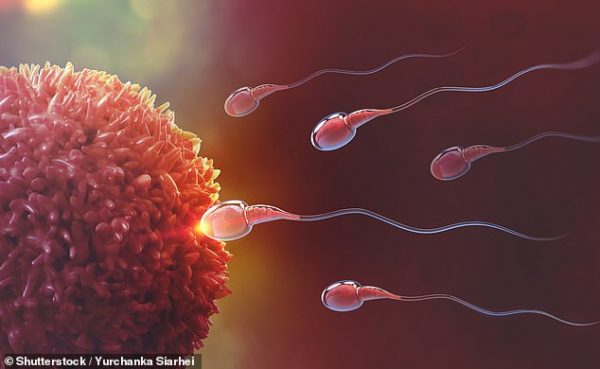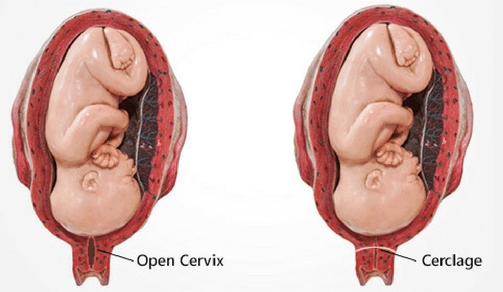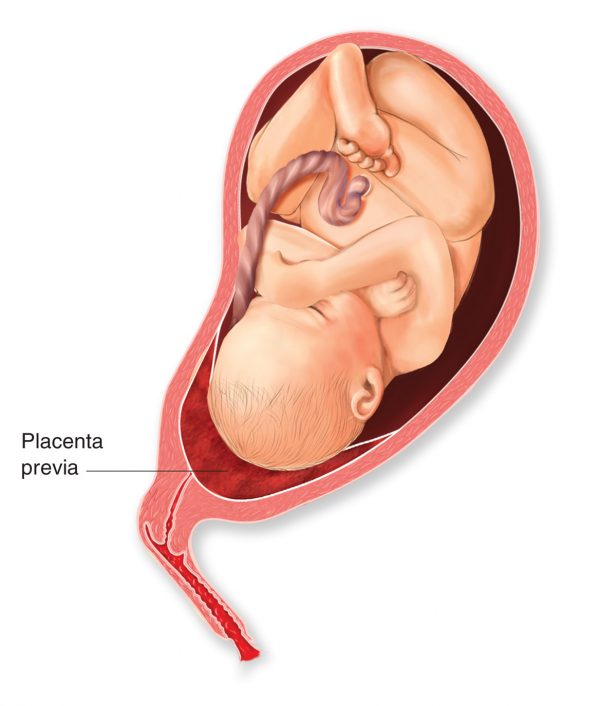
Placenta Previa
Placenta is an organ that develops inside the lining of the uterus during pregnancy. The duty of the placenta is to provide nutrition and oxygen from you to the baby and to remove waste away from your baby. Placenta is connected to the baby through the umbilical cord. In majority


